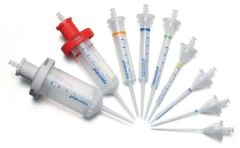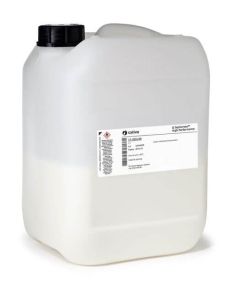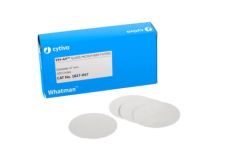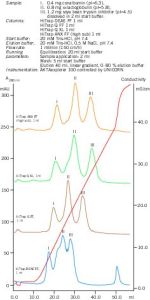Close
MAL AGAR 500 grams/bottle
SKU
CDL/1573
Brand
CONDALAB
Pre-order (Deliver in 8 to 12 weeks)
MAL (mannitol-arabinose-lactose) Agar is a nutrition media which is used for isolation and detection of H2S-positive salmonella such as Salmonella typhi and to distinguish mannitol positive and negative species of the family Enterobacteriaceae.
MAL Agar was first introduced in the 1980s by Pataky, a biologist from Presov, the Slovak Republic. This medium improved and expanded conditions for the isolation and differentiation of enterobacteria that the widely used XLD Agar normally provides. This medium is relatively unknown internationally as it has not received broad coverage in professional publications.
MAL Agar is both a selective and differential medium using sodium desoxycholate as the selective agent and therefore inhibits gram-positive microorganisms. The nutritional component of the medium is provided by yeast extract. Fermentable carbohydrates such as mannitol, D-arabinose and lactose are utilized by salmonella bacteria and when exhausted, they attack lysine through the enzyme lysine decarboxylase with reversion to an alkaline pH which mimics the Shigella reaction. To prevent similar reversion by lysine positive coliforms, lactose and other carbohydrates were added to produce acid in excess. To increase the differentiating ability of the formulation, an H2S indicator system, consisting of sodium thiosulfate and ferric ammonium citrate, is included for the visualization of the production of hydrogen sulfide, resulting in the formation of colonies with black centers. The nonpathogenic H2S-producers do not decarboxylate lysine; therefore, the acid reaction produced by them prevents the blackening of the colonies after 18 to 24 h incubation. The phenol red is a pH changes indicator. Characteristic of this medium is the combined biochemical results of mannitol positive, D-arabinose negative, lysinedecarboxylase positive, H2S positive and lactose positive/negative, which is typical for Salmonellas but only anomalistically found with other flora.
MAL (mannitol-arabinose-lactose) Agar is a nutrition media which is used for isolation and detection of H2S-positive salmonella such as Salmonella typhi and to distinguish mannitol positive and negative species of the family Enterobacteriaceae.
MAL Agar was first introduced in the 1980s by Pataky, a biologist from Presov, the Slovak Republic. This medium improved and expanded conditions for the isolation and differentiation of enterobacteria that the widely used XLD Agar normally provides. This medium is relatively unknown internationally as it has not received broad coverage in professional publications.
MAL Agar is both a selective and differential medium using sodium desoxycholate as the selective agent and therefore inhibits gram-positive microorganisms. The nutritional component of the medium is provided by yeast extract. Fermentable carbohydrates such as mannitol, D-arabinose and lactose are utilized by salmonella bacteria and when exhausted, they attack lysine through the enzyme lysine decarboxylase with reversion to an alkaline pH which mimics the Shigella reaction. To prevent similar reversion by lysine positive coliforms, lactose and other carbohydrates were added to produce acid in excess. To increase the differentiating ability of the formulation, an H2S indicator system, consisting of sodium thiosulfate and ferric ammonium citrate, is included for the visualization of the production of hydrogen sulfide, resulting in the formation of colonies with black centers. The nonpathogenic H2S-producers do not decarboxylate lysine; therefore, the acid reaction produced by them prevents the blackening of the colonies after 18 to 24 h incubation. The phenol red is a pH changes indicator. Characteristic of this medium is the combined biochemical results of mannitol positive, D-arabinose negative, lysinedecarboxylase positive, H2S positive and lactose positive/negative, which is typical for Salmonellas but only anomalistically found with other flora.
| Brand | CONDALAB |
|---|
Write Your Own Review









Validate your login